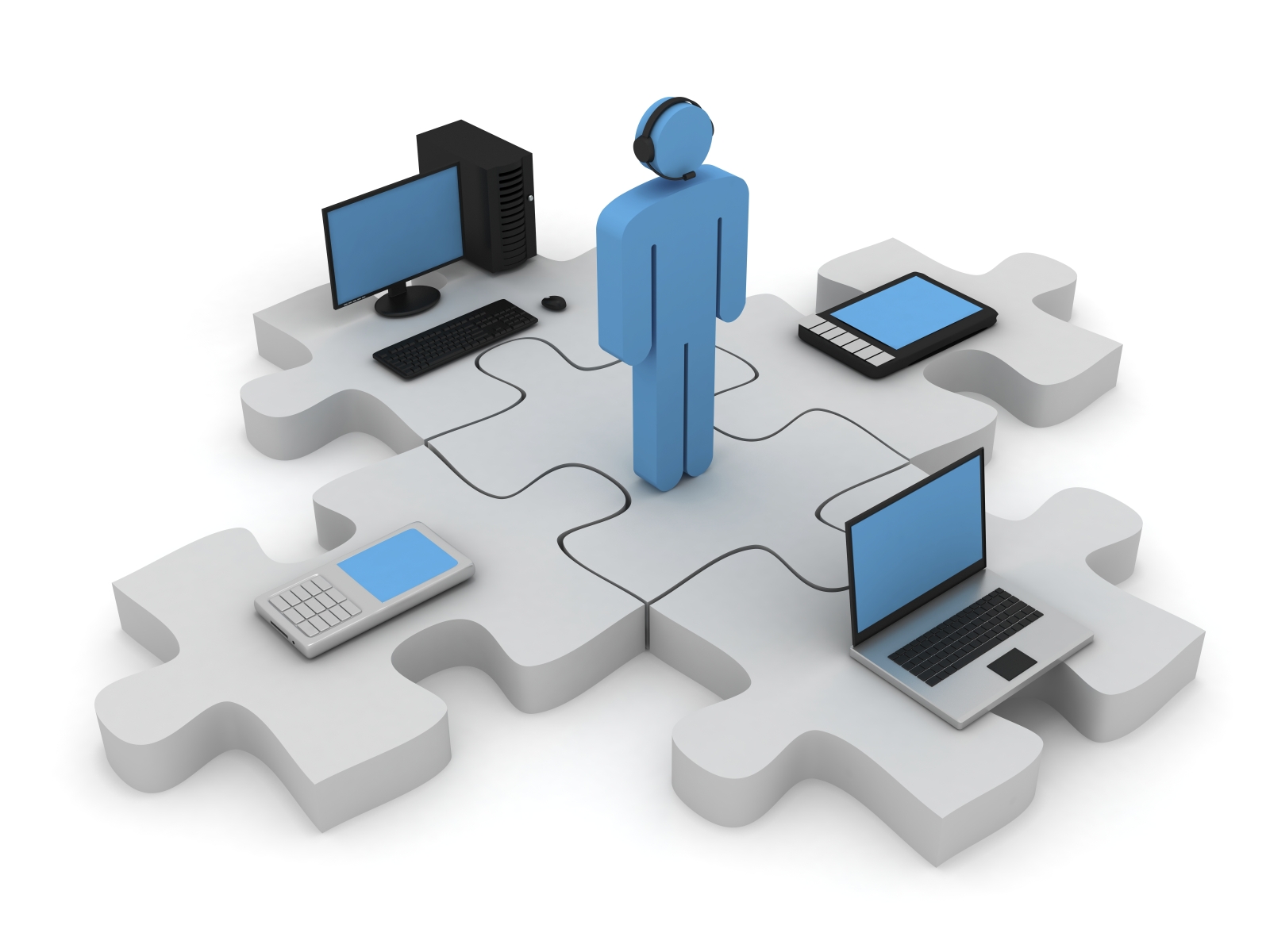Artificial Intelligence (AI) underpins some of the biggest sites on the web. Usage and search algorithms rely on it. It’s how advertisers work out which ads to show you. And AI is already being put to a dozen military uses, from battlefield applications to bomb disposal.
But some of the most exciting changes in AI applications are coming out of civilian healthcare. It’s in healthcare that exoskeletons that respond to thought and allow paralyzed people to move and even feel again are emerging, and it’s in healthcare, too, that diagnostic provision is being revolutionized.
Prostheses
The idea that old-timey prostheses were simply hooks and peg-legs is false, and realistic prostheses go back a surprisingly long time. But functioning prostheses that also look OK really date to the First World War, and even they were clumsy, heavy and frankly not very good. Now, though, prostheses that link in to the body’s central nervous system and actually move are becoming standard issue for US army combat vets. The prostheses link up to nerves that aren’t being used and by visualization and practice, users can learn to control them like a real limb.
Diagnostics
AI is revolutionizing diagnostics by handing doctors intelligent control of data. Before it was possible to store data in massive quantities, but even with great search facilities and huge databases, the right information only came to you if you knew what questions to ask. Now, AI helps doctors find the answers they need. If you’re looking for the answer to a complex question - say, whether there are two drugs that can be used to treat an unusual skin disease - Modernizing Medicine, one such AI system, automatically offers the information you need, intelligently predicting a doctor’s needs. Machines aren’t making diagnoses (yet), but they are making them a lot easier.
Drug Development
Drug trials are incredibly time consuming. The process of discovering useful effects in drugs and then testing them before bringing them to market takes years and millions of dollars, which is why so many drugs we use were originally intended for something else. They got to market because we already knew they were safe from the tests for their original applications. At the other end of the scale is that before something can be tested, someone has to come up with the idea for it. Now AIs are trawling medical data to reveal possible drug therapies that doctors might never have found alone, using their capacity to crunch data and spot patterns to save medical staff years of work.
Medication Adherence
Iron Man suits and case histories that read like an episode of House are all very well, but what about the trenches? Day to day, how can AI help the typical patient, the typical doctor, nurse or other healthcare provider?
One way is via medication adherence. Once we have a working drug and it’s being given to patients, we run up against the ‘seduction of success,’ or ‘it worked so well, I stopped doing it.’ People’s coughs clear up, they quit their pills and we get drug-resistant pneumonia, so this isn’t just about the patient in question.
AICure.com uses face recognition software to ensure that the right person is taking the right meds at the right time. Meanwhile, NextIT is delving deeper, looking for reasons for noncompliance rather than trying to enforce compliance and studying how to improve the systems by which we deliver drugs to patients.
As much as we’re more likely to encounter AI on search engines, social media or online shopping before we run into it anywhere else, it’s likely to spread into every area of our lives, and medicine is one of those areas where it stands to do the most good.





